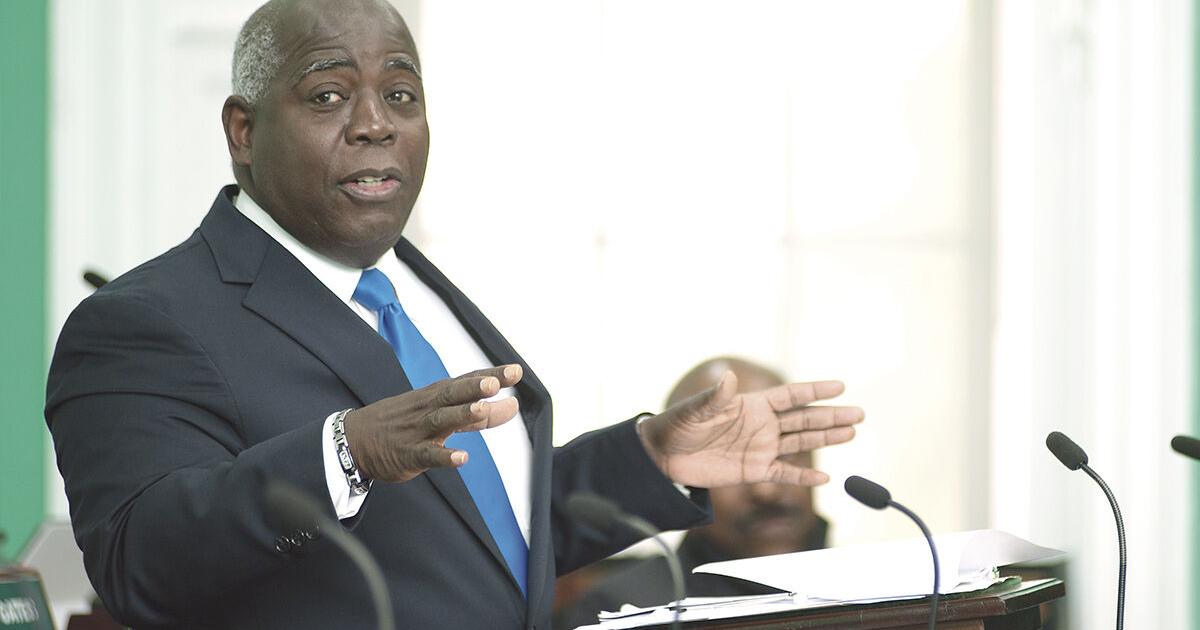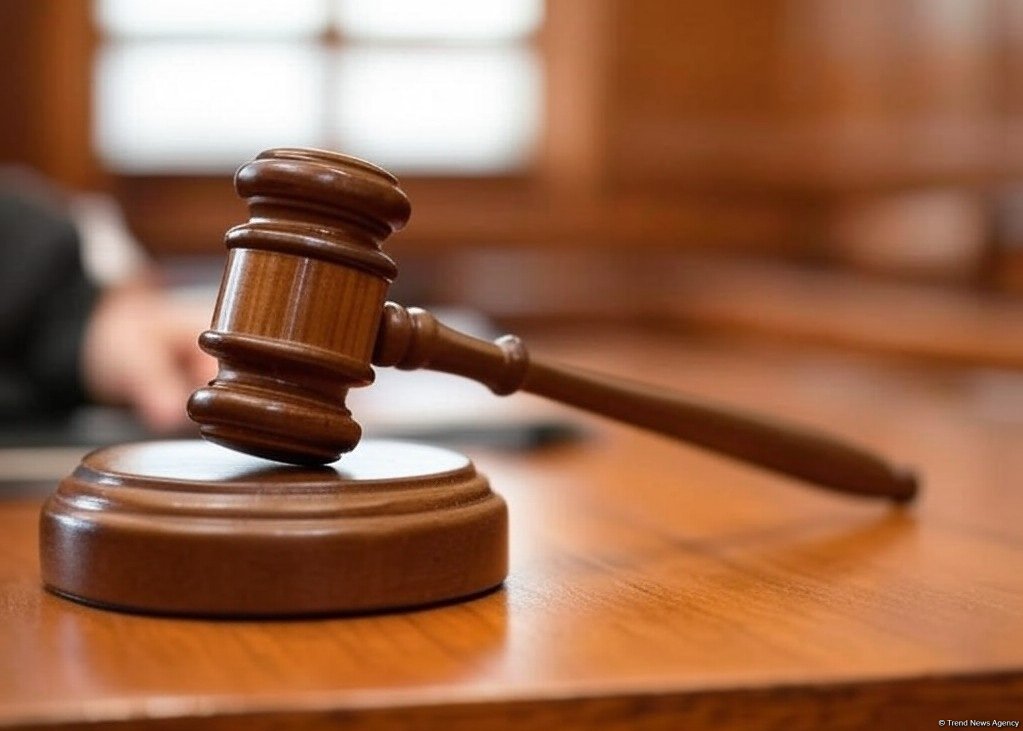By Candia Dames Executive Editor
Copyright thenassauguardian

At some point in the coming year, Bahamian voters will need to ask themselves: Am I better off than I was five years ago?
It has become a crucial campaign question in democracies ever since it was posed by US Republican nominee Ronald Reagan in the 1980 presidential debate with Democratic President Jimmy Carter. Reagan pointedly asked Americans whether they were better off than they were four years ago.
He continued: “Is it easier for you to go and buy things in the store than it was four years ago? Is there more or less unemployment in the country than there was four years ago?…”
How voters feel about their individual economic circumstances is likely to feature prominently in the next general election, which must be called in the coming year.
It was four years ago today when Philip Brave Davis led the Progressive Liberal Party (PLP) to election victory against Dr. Hubert Minnis and the Free National Movement (FNM) after Minnis unwisely called an election eight months before one was constitutionally due.
That was a tumultuous time.
The country was in the throes of the deadly omicron COVID variant. The healthcare system was buckling. Bahamian families were grappling with a high death rate.
And while the economy — which had been largely shut down after the first COVID case months earlier in March — had reopened, the rate of joblessness was still significant, a nightly curfew still existed, government finances were in the tank, and uncertainties loomed large.
The Bahamian electorate had had it with Minnis whose unpopularity grew exponentially over his handling of the pandemic and the aftermath of Hurricane Dorian.
Davis promised a “new day” — transparent governance, economic opportunities for all and a focus on tackling cost of living and social issues.
The vote was more significantly a rejection of Minnis than it was an embrace of Davis and the PLP.
In that election, voter turnout was a mere 65 percent — the lowest in modern Bahamian history. The party came to power with just 34 percent of registered voters voting PLP, but won 32 seats. There was no love affair between the PLP and Bahamian voters expressed in the election, but the party saw it as a firm and strong mandate notwithstanding.
Davis hopes to become the first incumbent prime minister since Hubert Ingraham in 1997 to win reelection.
There is not today any national palpable enthusiasm for the Free National Movement’s (FNM) Michael Pintard; his party enters the political season unable to portray itself as a strong, united force, but the state of opposition politics has proven less a predictor of what voters will do. What the incumbent is doing, or has done, has been a much more important factor in the determination voters make.
So, are you better off? Is your country better off than it was four years ago today?
The question would need to be answered in the context of the pandemic environment that made for a challenging existence for many.
Ahead of the last general election, the PLP made broad commitments to “rescue” the economy and empower Bahamians. The Davis administration has repeatedly claimed erroneously that it met a recession upon coming to office.
In 2020, the year when COVID-19 forced a dramatic shutdown of large portions of the national economy, GDP dropped by 23.5 percent. The recovery started in 2021 with GDP growing by 17 percent. That level of growth was obviously not achieved solely in the last quarter when the PLP was in office.
The Bahamas National Statistical Institute (BNSI) reported that the national economy in 2022 was back to pre-Dorian and pre-pandemic levels, experiencing a 14.4 percent growth over 2021.
While The Bahamas had a robust recovery from the devastating impacts of COVID and Dorian, growth has slowed around the subpar pre-pandemic levels that were insufficient to cure the high levels of unemployment, stagnated wages and general sense of economic malaise felt by many Bahamians.
BNSI reported there was a 3.4 percent increase in economic activity – from $13.6 billion in 2023 to $14.1 billion in 2024 – the largest the Bahamian economy has ever been.
There have been no recent jobless numbers. Last October, BSNI stated that the unemployment rate stood at 8.7 percent at the end of the second quarter of 2024.
To help fuel economic growth and drive down business and living costs, the PLP pledged to make “massive” investments in infrastructure and energy.
The Davis administration touts progress on its energy reform agenda as among its most significant achievements this term, but the immediate gains it promised have been elusive.
The government has concluded various energy agreements for Family Islands and has entered an arrangement with the US-based Pike Corporation for control of Bahamas Power and Light’s (BPL) transmission and distribution system in New Providence.
The Davis administration has refused to make that agreement public, and in other matters has also behaved as if Bahamians have no right to know what has been done on their behalf.
Transparency has not been a focus this term, though much lip service has been paid to the concept. The government has given no real attention to bringing the Freedom of Information Act fully into force as promised, and has been tardy in the legally-obligated release of fiscal reports.
Fiscal indicators have improved this term. The government has pointed to a reduction in the deficit, a decline in debt-to-GDP to under 73 percent, and historic revenues. Yet, many contractors who do business with the government complain that they are not getting paid on time.
Many Bahamians do not feel their government at work — and that could prove problematic for the PLP headed into the next election.
In fact, many believe there is a high degree of corruption in government. Revelations regarding certain deals the government entered into, or had planned to move ahead with, blotted an already stained PLP reputation.
A key promise made by the PLP in opposition was to implement a livable wage. In January 2022, months after forming the government, the Davis administration effected an increase in the minimum wage from $210 to $260.
The prime minister says the government is making progress in monetizing blue carbon credits. The jury is out on whether this will actually be accomplished this term.
The PLP also promised to lower value-added tax (VAT) from 12 percent to 10 percent. The Davis administration did so early in the term, though it attached VAT to previously zero rated products and services — a move that drew strong criticisms from the official opposition and from other quarters.
If one were to ask the average Bahamian whether he or she is experiencing any relief as a result, the answer would likely be no.
“Is it easier for you to go and buy things in the store than it was four years ago?” Four years ago, global supply chain shortages meant high inflation. Though global inflationary pressures have eased, the most pressing issue facing Bahamians today remains the high cost of living.
Prime Minister Davis has repeatedly acknowledged this as the most urgent challenge his administration must address.
In his most recent budget communication, he announced a reduction in VAT to five percent on a range of products, including baby diapers and medicines. The impact will likely be barely noticed by consumers.
In 2021, the PLP made many other commitments, including a “thorough assessment and management of natural resources for the ultimate benefit of Bahamians”, and the establishment of a “robust” Sovereign Wealth Fund. This has not been a priority item of the Davis administration.
The party pledged to develop a cannabis industry, provide affordable healthcare through National Health Insurance (NHI), and establish local government in New Providence. (Legislation has been passed for a medical cannabis industry but the infrastructure has not yet been set up; healthcare costs remain a significant burden for those who need it most, and local government for New Providence is not something likely to materialize this term.)
The government is making progress on a new health campus in Grand Bahama and has advanced plans for a new hospital in New Providence, which is being funded through a Chinese concessionary loan.
The Davis administration boasts revitalization of the tourism plant, but major developments this term, including the opening of the Nassau Cruise Port, and Celebration Key in Grand Bahama, were projects inked by the former administration.
Speaking of Grand Bahama, two important challenges that needed addressing this term remain outstanding. To much fanfare in May, the government announced the sale of Grand Lucayan Resort to Concord Wilshire Capital. We still have no confirmation that the money is in the bank.
In July, a Concord Wilshire official said the redevelopment of Grand Bahama airport will determine the schedule for completion for the redeveloped resort.
Just yesterday, Deputy Prime Minister Chester Cooper, the minister for investments, admitted that funding for the airport has fallen through.
This is terrible news for Grand Bahama.
Achievements
This term, Davis has appeared more concerned with riding the ceremonial leadership train (or jet) than rolling up his sleeves and building a reputation as a hard working prime minister.
But he boasts “transformational” achievements.
Speaking at a church service on Sunday commemorating his party’s fourth anniversary in office, the prime minister said his government has renovated 52 clinics and invested in labs and diagnostics and emergency vehicles for our Family Islands.
He also gave a “partial accounting of the progress” made in other areas, touting at the top of the list one million school breakfasts served, in a program that now includes 17 of our islands.
The Davis administration has been incapable of producing economic outcomes that empower parents to have the ability to feed their children.
The prime minister listed other areas of “progress”, though he seemed to be scrapping for a substantive list that reflects actual transformational action.
Here’s what made the list:
Every young person given the skills and guidance to support productive choices, not tragic ones.
More than 500 young Bahamians trained in our country’s first national service corps, the National Youth Guard.
A tourism industry revitalized, with new opportunities for Bahamian entrepreneurs.
The country’s first nationwide apprenticeship program.
Major sporting events, held here at home once again, and record support for our athletes.
The first substantial, extensive effort to build opportunities for Bahamians in fly-fishing.
More than 50 labor agreements signed – a record – and a reflection of our respect for hard-working Bahamians.
New legal protections for Bahamian artists and musicians, and a new performing arts school to nurture and grow their talents.
Millions of acres of our oceans newly protected. Innovations in agriculture and food security.
New investments in Grand Bahama. An expansion of Urban Renewal. Hundreds of new homes for Bahamians.
Comprehensive nationwide energy reforms – extraordinarily difficult and complex, but absolutely essential – will bring solar power, infrastructure upgrades, and modernization to a failing system.
Thousands of public servants promoted, new trade ties to diversify and bring down costs, free Wi-Fi in parks across the country, new courts, stricter bail rules, a strengthening of our borders, and a country that is standing up for itself, on issues from security to climate finance to tax fairness.
Record levels of investment, and an economic development plan that is finally, truly nationwide, with new roads and docks and airports across our islands.
“Together we are weaving a tapestry of change and transformation, and though we are imperfect, our work is sacred,” the prime minister declared.
Transformation is not a word we would associate with the Davis administration.
We are experiencing an unremarkable Davis era.
In an election year, there is no expectation of any dramatic shift in momentum or achievement.



